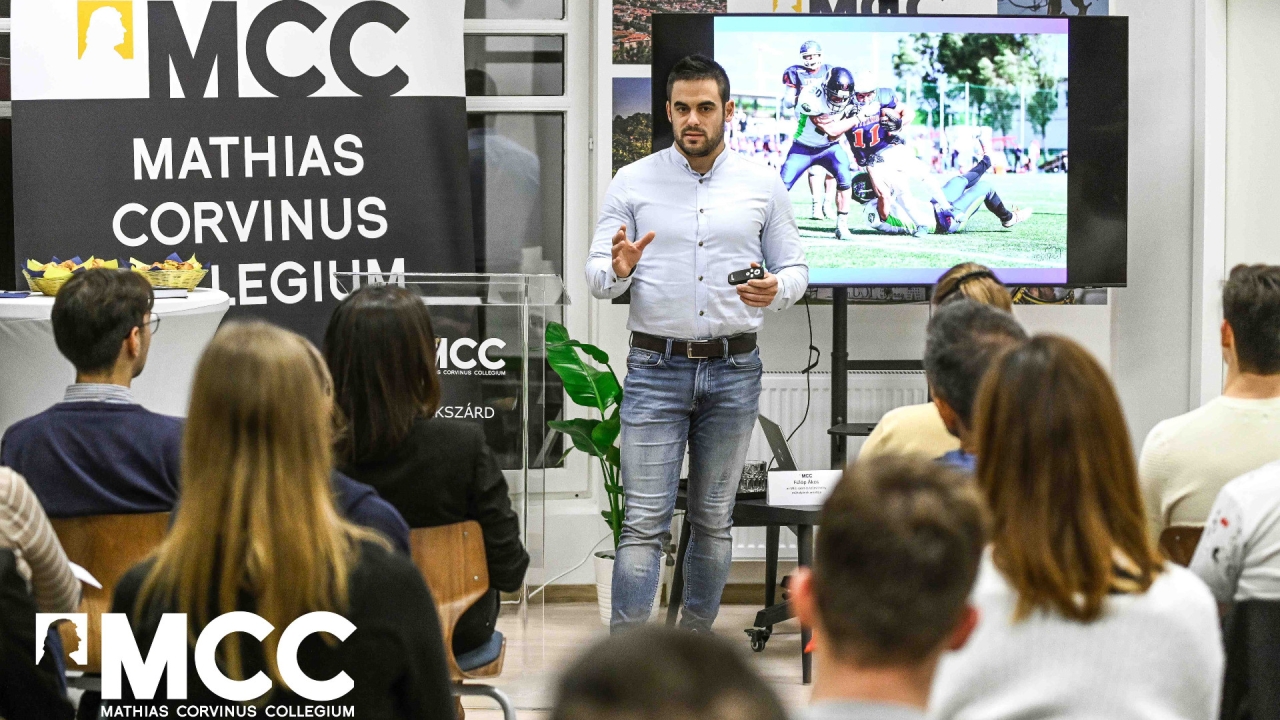The human desire to increase their performance is perhaps an eternal motivation. However, defining human performance in itself is a rather perplexing question. Surely, when raising the topic, sports may be the first thing that comes to mind. Sports are an exaggerated version of normal everyday life, a noble struggle placed within frameworks and rules according to Coubertin's traditions.
Examining the question from a wider perspective, performance is a part of everyday life and appears in all areas of life. Performance is a general term that refers to the behavior of humans or animals, as well as larger entities such as countries, communities, and organizations. Human performance is perhaps the physical manifestation of an internal, creative driving force, through which the individual strives to become better than themselves or others. It is an integral part of daily life, ranging from achieving various goals to sports performance, artistic performance, and the world of work.
The re-evaluation of performance in today's culture can lead to extreme reactions. Our performance-based world challenges both society and the individual to different coping mechanisms. Some may take up the gauntlet and respond to the challenges with adaptive reactions based on the available opportunities. Others may be crushed by the burden, and some may overcompensate and choose a path that is harmful to their mental or physical health.
The goal of the MCC Center for Sports and Performance is to introduce the field of performance psychology as a new area of science in Hungary, utilizing knowledge from sports psychology. Additionally, it aims to promote competitive sports, recreational sports, and the idea of a sound mind in a sound body, as well as the spread of physical activity as medicine.
Click here for the Hungarian version of this site:


